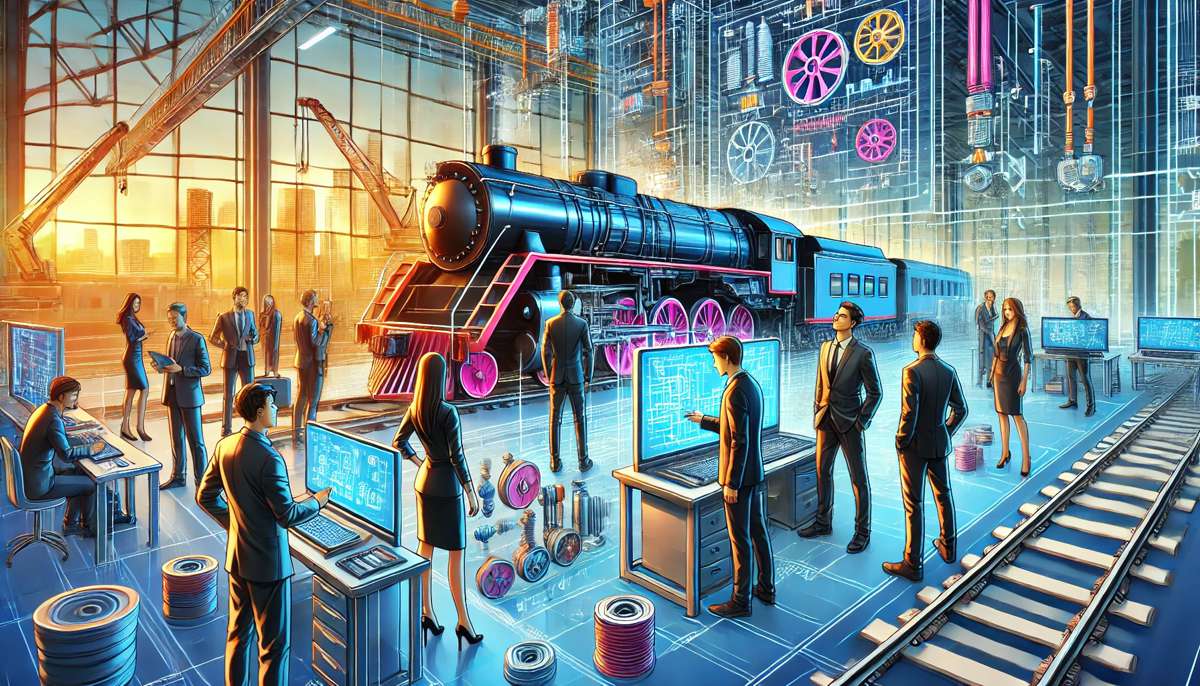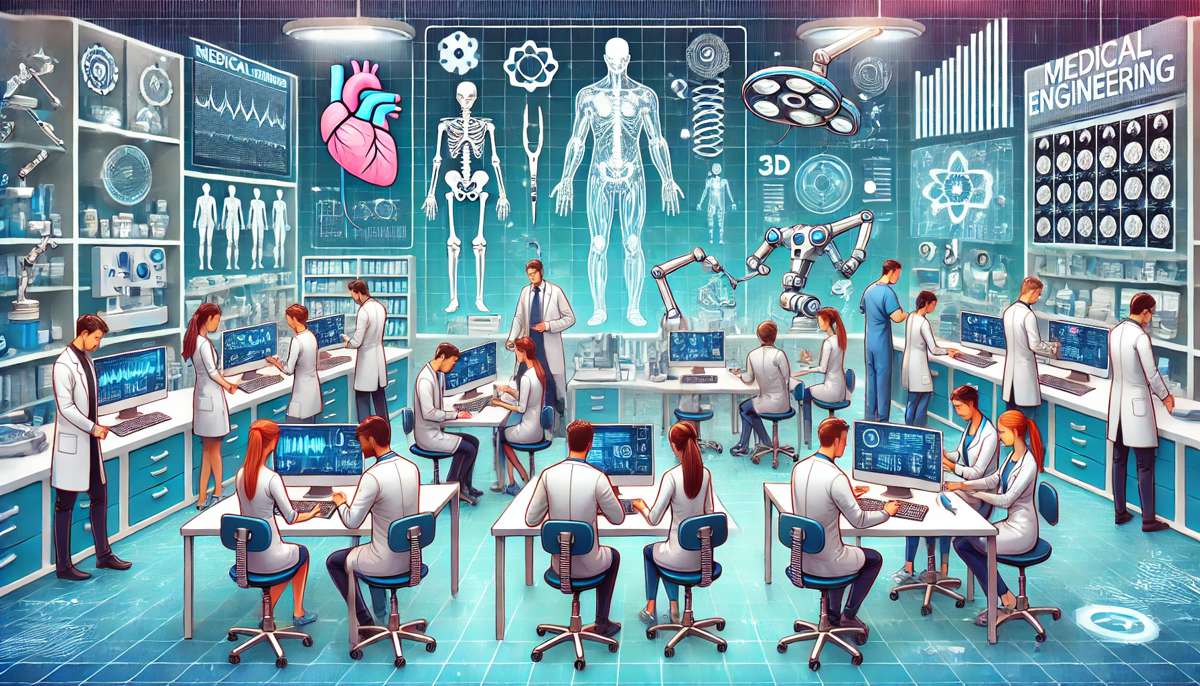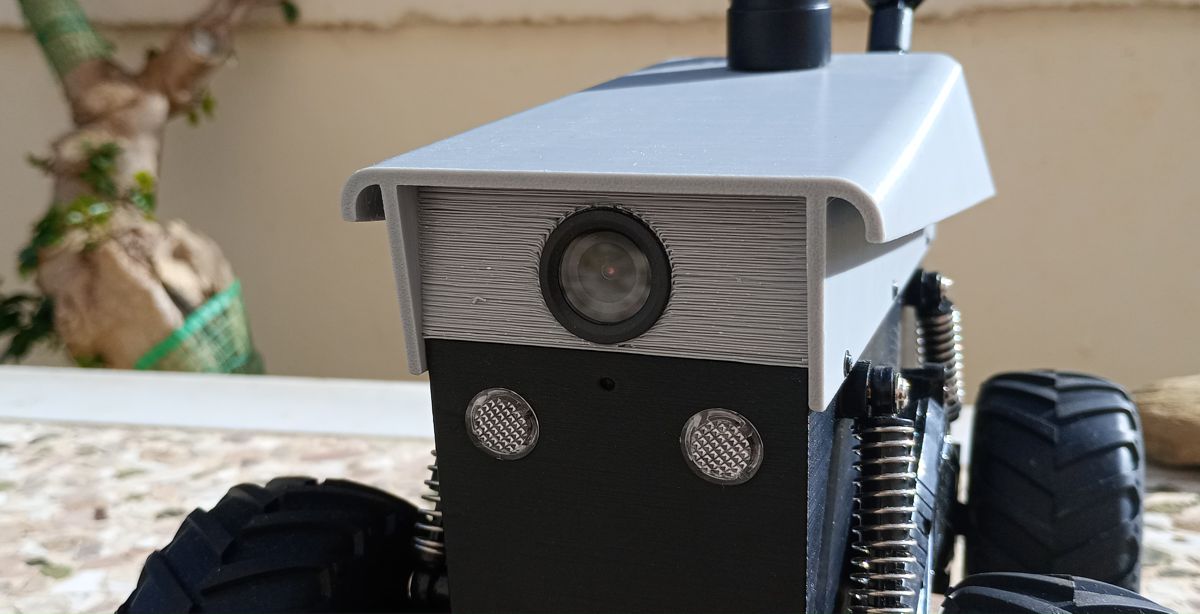An Engineering Mindset is Key to Success in Any Career
Thriving in any career takes more than technical expertise or industry knowledge. Employers prioritize problem-solving, creativity, adaptability, and critical thinking. These qualities are deeply embedded in the engineering mindset, a way of thinking that goes beyond engineering itself.
Whether you’re in business, healthcare, technology, or even the arts, an engineering mindset can help you navigate challenges, optimize solutions, and make better decisions. But what is an engineering mindset, and how can it be applied outside traditional engineering fields? Let’s explore how this approach can shape your career and personal growth.
What Is an Engineering Mindset?
At its core, an engineering mindset is a structured way of thinking that focuses on problem-solving, efficiency, and innovation. Engineers use this approach to design and improve products, systems, and processes. However, its principles can be applied in any career or everyday situation.
Here are some essential traits of an engineering mindset:
- Problem-Solving Approach – Engineers analyse issues from multiple angles, break them into smaller parts, and systematically find solutions.
- Logical Thinking – Every choice is driven by data, evidence, and careful analysis rather than assumptions.
- Creativity and Innovation – Engineers push boundaries to develop new solutions or refine existing ones.
- Resilience and Adaptability – When a solution doesn’t work, they refine it until they find a better approach.
- Efficiency and Optimization – They continuously seek ways to improve efficiency, simplify processes, and enhance effectiveness.
These qualities are beneficial across all industries. Whether you’re managing a business, leading a team, or working in healthcare, thinking like an engineer can help you succeed.

Why Every Career Can Benefit from an Engineering Mindset
People often associate the engineering mindset with technology and infrastructure, but it applies to a wide range of careers. Let’s break it down into different industries and see how adopting this mindset can help professionals thrive.
Business and Entrepreneurship
Entrepreneurs who apply an engineering mindset analyze market trends, develop strategic plans, and continuously improve their products or services. They rely on data to make strategic decisions and streamline business operations for better results.
For example, an entrepreneur launching a startup might use an engineering approach to:
- Recognize industry challenges and create forward-thinking solutions.
- Experiment with various marketing approaches and refine strategies based on customer insights.
- Streamline production or services for cost-effectiveness.
Healthcare and Medicine
Doctors, nurses, and healthcare administrators benefit from structured problem-solving and analytical thinking. In healthcare, professionals frequently encounter complex cases that demand logical reasoning and innovative problem-solving.
A doctor might implement an engineering mindset by:
- Diagnosing a difficult case by systematically analyzing symptoms and test results.
- Developing a new treatment plan based on past cases and scientific research.
- Improving hospital workflow to enhance patient care and reduce wait times.
Education and Teaching
Educators face distinct challenges in keeping students engaged and enhancing learning outcomes. By adopting an engineering mindset, educators can:
- Develop new teaching methods based on student performance data.
- Create personalized learning plans to optimize student success.
- Use technology to enhance classroom interaction and efficiency.
A math teacher, for instance, may design a new way of explaining algebra based on student feedback, constantly refining the process for better understanding. Similarly, when students struggle with assignments, they may look for a writing service and someone to write my essay, allowing them to focus on grasping difficult concepts rather than stressing over deadlines.
Marketing and Content Creation
Marketing professionals use problem-solving, data analysis, and creativity to develop successful campaigns. Applying an engineering mindset enables them to:
- Study audience behaviour to develop targeted and impactful marketing strategies.
- Test different content formats and optimize engagement.
- Improve workflows to produce better results with fewer resources.
A marketer launching a social media campaign can experiment with different types of ads, analyse engagement rates, and refine their strategy for better results.

Applying an Engineering Mindset to Everyday Life
Beyond professional careers, the engineering mindset can help in everyday decision-making and personal growth. It helps individuals tackle problems with a structured and logical approach.
Consider these real-life applications:
- Time Management: Engineers rank tasks based on importance and efficiency. You can adopt this strategy to manage your daily responsibilities more effectively.
- Personal Finance: Budgeting, saving, and investing require logical planning and problem-solving.
- Health and Fitness: Setting fitness goals and tracking progress involves continuous improvement, similar to engineering design.
Just like engineers refine systems for maximum efficiency, students and professionals can benefit from organizing tasks effectively and focusing on what truly matters. Prioritization and smart decision-making are key to staying productive without feeling overwhelmed.

Steps to Develop an Engineering Mindset
If you want to develop an engineering approach to problem-solving, here are some steps to get started:
1. Break Down Problems into Smaller Parts
Instead of feeling overwhelmed by a large issue, break it down into smaller, manageable steps. This method makes problem-solving more organized and effective, allowing you to handle even the toughest challenges with confidence.
2. Use Data to Make Decisions
Engineers depend on logic, data, and analysis rather than intuition or emotions. Whether in business or personal life, base your decisions on logical reasoning and available data. This approach minimizes errors, ensures consistency, and leads to better long-term results in any situation.
3. Be Open to Experimentation
Innovators experiment with different solutions before determining the most effective one. Don’t hesitate to try new ideas, even if they don’t work initially. Every failure offers valuable lessons that contribute to better, more efficient solutions.
4. Focus on Continuous Improvement
The best solutions come from iteration. Continuously seek ways to refine your work, whether it’s a project, a skill, or a daily habit. Small, steady improvements lead to long-term success and sharpen your problem-solving abilities.
5. Stay Curious and Keep Learning
Engineering is about embracing change and staying ahead of new developments. Keep up with industry trends, read widely, and consistently expand your knowledge. Curiosity fuels progress, keeping you competitive and open to new possibilities.

Final Thoughts
No matter what career you pursue, adopting an engineering mindset can help you solve problems more effectively, optimize your work, and innovate in any field. Whether you work in business, healthcare, education, or marketing, adopting this mindset can give you a distinct advantage.
By learning to approach challenges logically, experiment with new solutions, and continuously improve, you’ll develop the skills needed to succeed in any profession.
So, if you’ve ever asked yourself, “What is an engineering mindset?” now you know—it’s a powerful approach that can shape both your career and your everyday life.





























